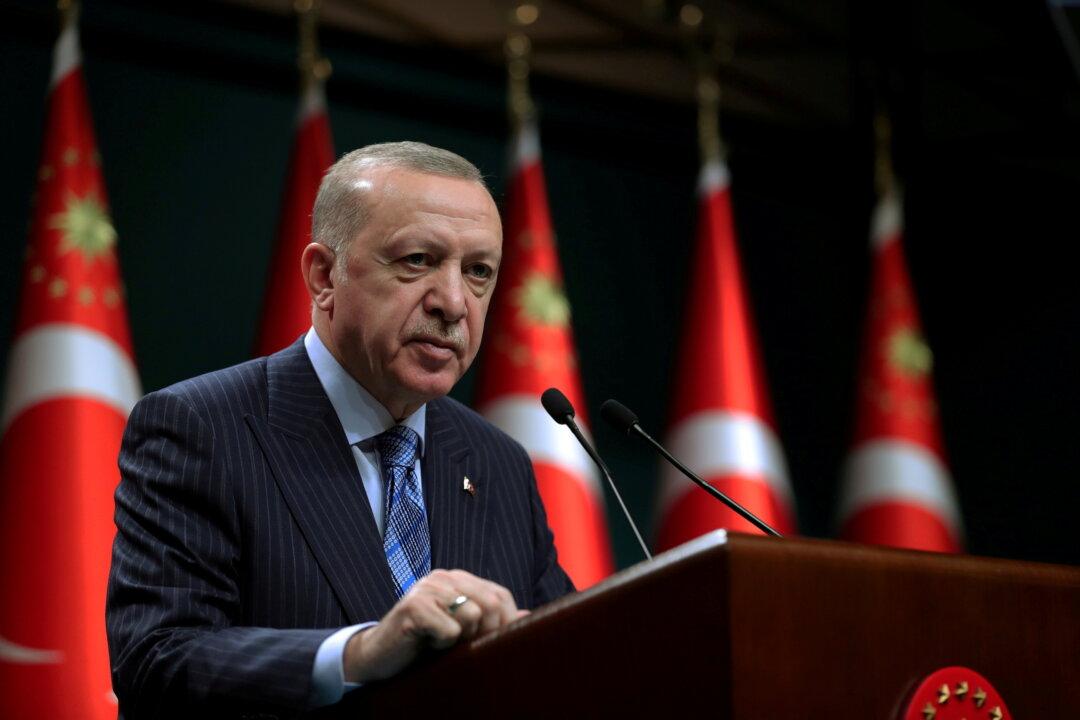Turkish President Tayyip Erdogan said on Thursday that Kyiv and Moscow were inching closer to putting an end to their armed conflict, with “almost a consensus” on topics like Ukraine’s NATO membership and security arrangements but still significant differences to bridge in terms of compromises on territory.
Speaking to reporters in Brussels following an extraordinary NATO summit, Erdogan said a key goal in Turkey’s mediation effort was to bring together the Ukrainian and Russian presidents for peace talks.





